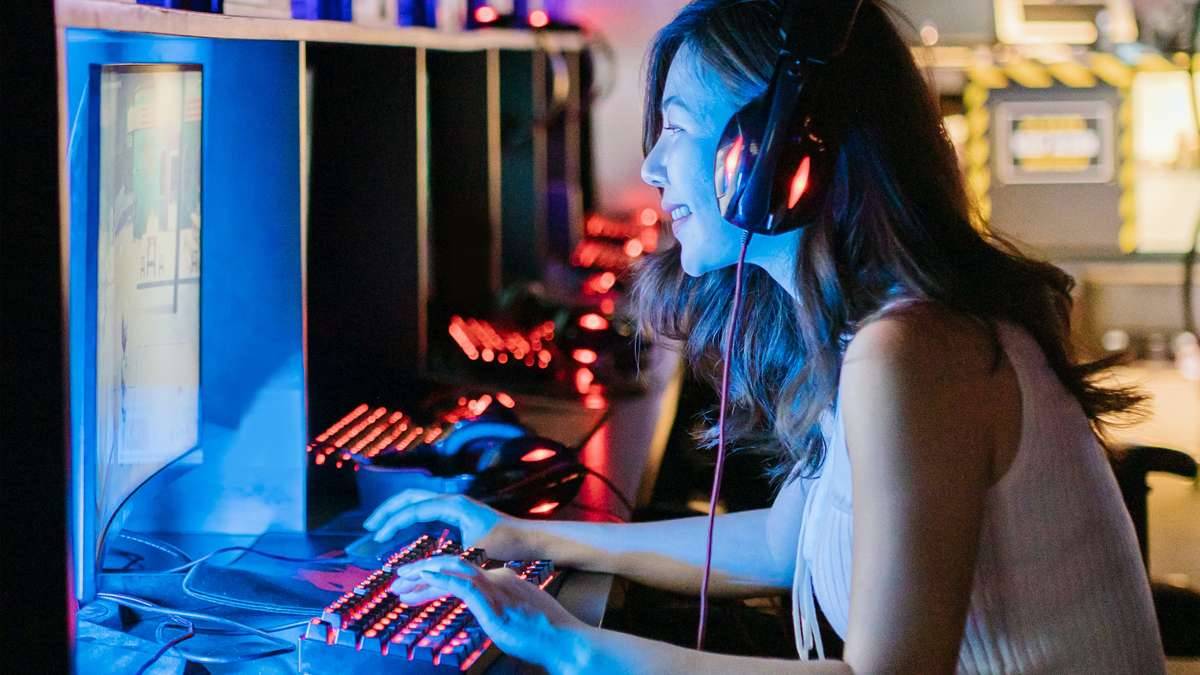
From Cyber Addiction to Social Separation and Conflict
ARTICLES | Mar 16, 2023
Writer: Nuttawut Kulkaew
Editor: Wittaya Wonglor
Cyber addiction is a serious social issue. The internet can be addictive, creating feelings of frustration when access is interrupted or blocked.
Social media, online games, and even dating apps make us want to use them more and more. When you win a prize or connect with someone, you want to continue to win or complete a mission. Addiction makes you want to spend more and more time doing that activity. The same amount and frequency are no longer enough. Up to 47% of young males now admit that they spend too much time playing video games.
Such behavior negatively affects work or daily life. One behavior associated with internet addiction is paying attention to your mobile phone, such as texting, checking your phone, or even flipping the screen lock for no reason. (People around the world currently unlock their mobile phones an average of 150 times per day.) We ignore people in person (phubbing), with 72% of teens and 48% of parents feeling they need to answer text messages or notifications immediately. These behaviors, in addition to causing fatigue, eye problems, and sleep problems, can harm relationships and mental health, triggering stress, social anxiety, social separation, emotional instability, attention deficit, hyperactivity disorder.
Currently, 61% of internet users admit to having an internet addiction. The most symptomatic group was 13-17 years of age, followed by 18-24 years of age, according to Mental Disorders Fifth Edition Text-Revision: DSM-5-TR (Diagnostic and Statistical Manual of Mental Disorders Fifth Edition Text-Revision)
Online social platform not only bring people with similar interests together. They also let us create a fictional identity or avatar. Generation Z express themselves differently depending on their purpose. Some identities may be the same as, or similar to, real-world selves. Some may be completely different from what a person portrays in the real world. Some platforms let users have more than one avatar. Too many selves can lead to questioning and confusion about identity, especially in adolescence (12-18 years), when we begin to create and understand our own identity (Identity vs. Confusion) according to the theory of psychosocial development by Eric Erikson.
Spending so much time in cyberspace that you neglect your life and interactions with those around you in the real world can lead to relationship problems. Staying out of the cyber world brings people closer and makes them more empathetic. Instead, people distance themselves from each other and become alienated, which can lead to loneliness, isolation, depression, and lack of social support, or even conflicts in both the real world and the virtual world, as well as contradictions both within the individual and with others.
Implications for the future:
- A tax for harming mental health will be discussed more with the arrival of the metaverse and people spending so much time in the virtual world.
- Providing mental health care services online or even in virtual platforms is a fundamental right to enable individuals to receive comprehensive and timely mental health services
- The skill that society will pay more attention to is peaceful communication, which will become part of the education system from childhood.
Read more: Metaverse world dating app >> FB: https://www.facebook.com/FutureTalesLABbyMQDC/posts/1156864578451748
Want to know more about us, click https://web.facebook.com/FutureTalesLABbyMQDC and https://www.blockdit.com/futuretaleslab











